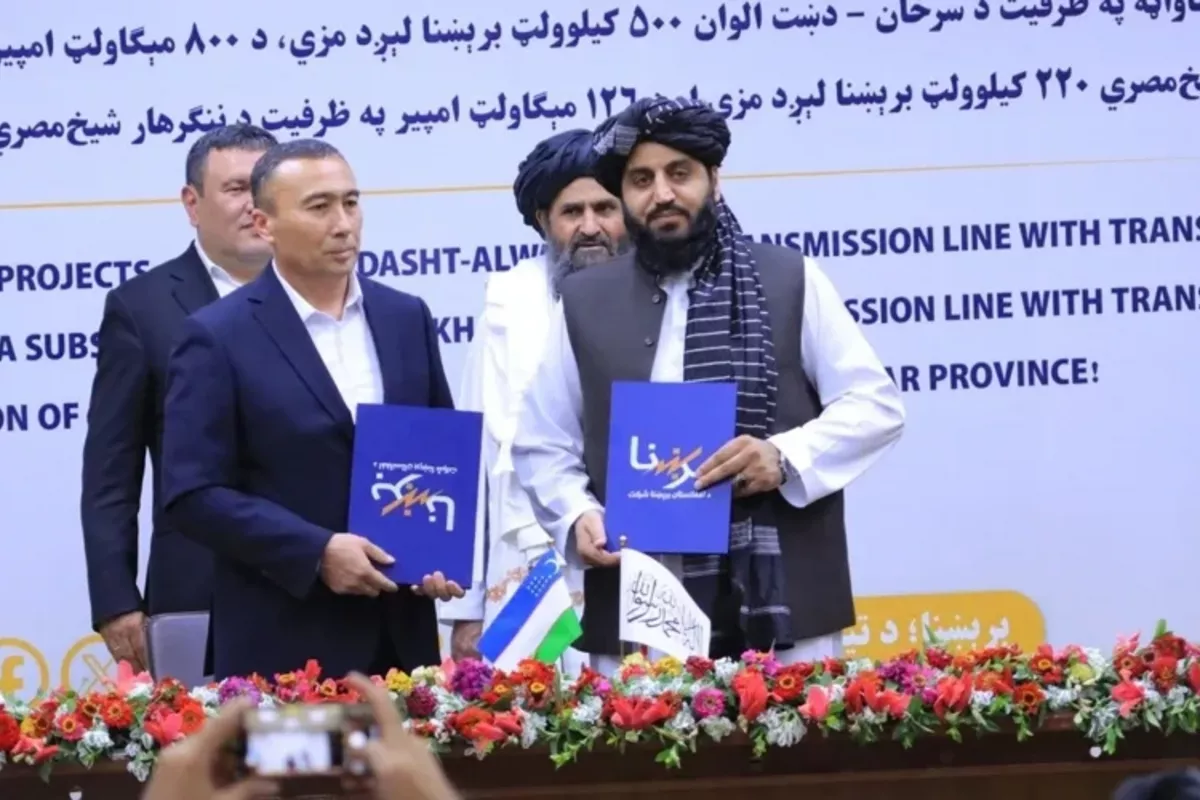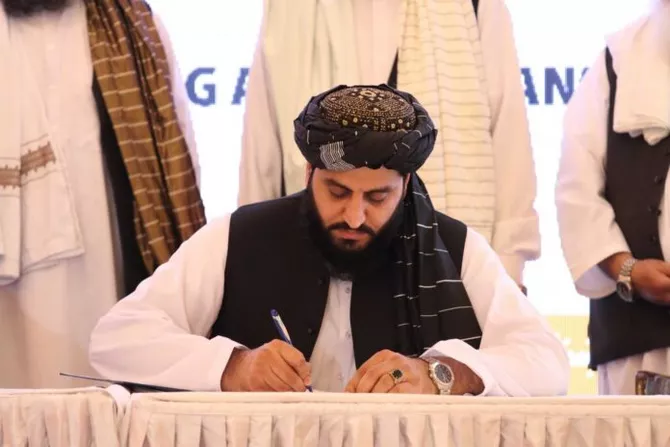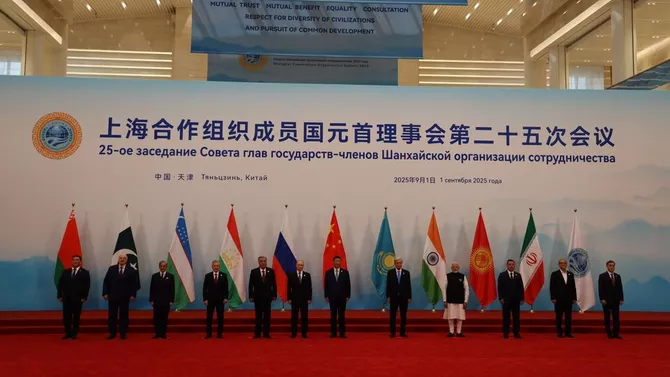
photo: Kazinform
The recent conclusion of Afghanistan’s first-ever conference dedicated to attracting investments into its energy sector marks a symbolic moment for a country that has long been seen primarily through the lens of conflict and instability. Held under the patronage of Da Afghanistan Breshna Sherkat (DABS), the forum gathered representatives from 22 countries, a turnout that reflects a growing recognition of Afghanistan’s untapped economic potential.
During the event, participants signed memorandums of understanding for the generation of more than 9,100 MW of electricity and contracts for an additional 284 MW, agreements that encompass both power generation and the development of vital energy infrastructure. These commitments represent more than technical projects - they are a bet on Afghanistan’s future as a regional energy hub.

photo: Radio Television of Afghanistan
One of the most significant players at the conference was Uzbekistan, whose involvement stands out both in scale and ambition. Tashkent announced $250 million in investments, earmarked for building transmission lines, modernizing and expanding substations, and other infrastructure initiatives. Once these projects are completed, 800 to 1,000 MW of electricity will flow from Uzbekistan to Afghanistan, bolstering a fragile national grid. The timeline for completion, set for March 2027, signals a medium-term vision for cooperation. Notably, Uzbekistan also indicated readiness to expand its partnerships beyond energy into agriculture, industry, and healthcare, hinting at a broader strategy of regional engagement.
Yet, despite this promising momentum, Afghanistan’s path toward economic revitalization remains constrained by deep structural barriers. Deputy Prime Minister Abdul Ghani Baradar, speaking on the sidelines of the summit, openly called on the international community to lift the financial and banking restrictions imposed on Afghanistan. These restrictions, he argued, harm not only Kabul but also the stability and prosperity of the wider region. His message was clear: without access to global financial systems, Afghanistan’s vast potential for small, medium, and large-scale investments will remain largely theoretical, no matter how many conferences are held.
Afghanistan’s geographic and geopolitical position provides compelling reasons for the world to take notice. The country sits at the crossroads of the North-South and East-West transport corridors, while its territory is rich with proven reserves of oil, gas, iron, non-ferrous metals, and other critical resources. These factors make Afghanistan a natural partner for states seeking to diversify energy and logistics routes - particularly members of the Shanghai Cooperation Organisation (SCO).

photo: The Shanghai Cooperation Organization
However, there is an unspoken condition underpinning much of the international interest: political inclusivity. Experts agree that only an inclusive government, representing all ethnic and religious groups, can create the stability required for sustained economic engagement. Parallel to this political challenge is the urgent need to address terrorism and narcotics production, two issues that have long undermined Afghanistan’s internal cohesion and external credibility.
Even in today’s uncertain environment, neighboring states are not standing idle. Uzbekistan, for instance, is already engaged in significant mining projects for gold and copper, with nearly 40 intergovernmental agreements signed between Kabul and Tashkent. Meanwhile, Kazakhstan has declared its intention to increase bilateral trade with Afghanistan to $3 billion annually, focusing on agricultural exports, mineral fertilizers, and other essential goods. The ambitious Turgundi-Herat railway project is now back on the agenda, alongside the strategically vital Trans-Afghan Railway, which aims to link Central and South Asia. This corridor has sparked interest not only from bordering nations but also from the European Union, Belarus, Russia, and others, underlining Afghanistan’s potential as a linchpin in regional connectivity.
Global powers are also beginning to take notice. During China-Afghanistan talks in August, Beijing expressed its desire to integrate Afghanistan into the Belt and Road Initiative (BRI), a move that could significantly expand cooperation in resource exploration and infrastructure development. In parallel, Afghanistan’s Ministry of Mining and Petroleum used its participation in the Tatarstan Oil, Gas, and Petrochemical Forum 2025 to invite Russian investment, especially in the oil and gas sector. Afghan officials offered guarantees of security, transparency, and long-term opportunities, emphasizing that the country’s vast reserves could serve both domestic needs and international markets. If leveraged with modern technologies for extraction, processing, and transportation, Afghanistan could evolve into a vital energy corridor connecting South and Central Asia.
This vision, however, comes with a stark caveat. For all its natural wealth and strategic location, Afghanistan cannot rely solely on foreign interest to propel its development. The Afghan government must take decisive internal steps, particularly in the political and social spheres, to build the kind of trust and stability that investors require. Without this foundation, even the most promising agreements risk becoming symbolic gestures rather than transformative realities.
Afghanistan stands at a crossroads. The Kabul conference showed that the world is willing to engage - cautiously, for now - with a country that has too often been defined by conflict. Whether this engagement evolves into a genuine partnership will depend not just on external support, but on Afghanistan’s own ability to build a governance framework that inspires confidence at home and abroad. The stakes are high: success could position Afghanistan as a crucial regional hub for energy and trade, while failure risks reinforcing the very isolation that this landmark conference sought to overcome.
Share on social media